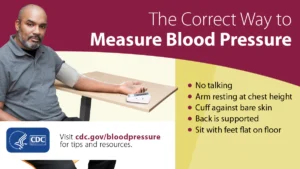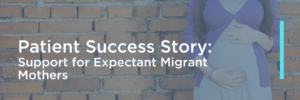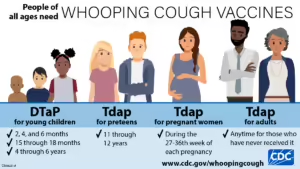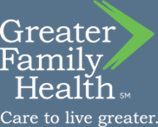Many of us are still unfamiliar with the unique inadequacies in treatment of the LGBTQ Community. Some of the disparities that have been discovered range from higher risk of certain health conditions to less access to health care or worse health outcomes. These issues are categorized in three major experiences, behavioral health, physical health, and access to care.
LGBTQ people have correspondingly increased challenges with behavioral health concerns which include increased risk of suicidal thoughts or tendencies. This population is also challenged with heighten rates of mood, anxiety, and eating disorders. In addition, they show an increased rate of alcohol, tobacco, and substance abuse. HIV/AIDS has affected the LGBTQ community at much higher rates than others which correlates to increased behavioral health issues.
Some of the physical health aspects that have been discovered vary within the community as well. LGBTQ people are more likely to rate their health poorly and report more chronic conditions. Higher rates of breast cancer are reported in lesbian and bisexual women, while transgender men and women experience greater risk as well. Higher obesity rates are prevalent in the LGBTQ community. The LGBTQ community also has shown a much higher rate of HPV. Still, lesbian and bisexual women show evidence of greater risk of cervical cancer, while gay and bisexual men experience a higher risk of anal cancer. Did you know it is recommended for gay men to receive an anal pap smear as part of their regular annual checkup?
What we have experienced in the health care environment is that there are challenges within the community with access to care. LGBTQ people are less likely to have insurance and less likely to fill prescriptions. Conjointly, they also are more likely to use the Emergency Room opposed to a PCP, or delay care. Of greater concern, however, is the likeliness that they are either refused services or harassed by providers for reasons of insensitivity to the respect and needs of this community.
What causes these disparities in health care? Some may say that it is widely due to their minority status. Others speculate it is the lack of education and training on behalf of the healthcare workers or the lack of research conducted on LGBTQ health related issues. We do know that many people who identify as LGBTQ have limited or restricted health care benefits. Transgender people are less likely to be employed by those organizations that offer health benefits due to employment discrimination. There is also fear due to stigma and institutional bias within the healthcare system. For example, a transgender female who has transitioned to male and reassigned his gender can no longer be covered under health insurance for things such as cervical exams for cancer even though he will most likely still have a cervix.
LGBTQ people continue to struggle to find providers that are versed on their needs in their local areas and most tend to travel into the city for services. They likely do this because they need someone to help manage their care who understands their needs and can perform without bias.
We are excited to share that Greater Elgin Family Care Center has hired very qualified individuals that make up the HIV services team. If you or anyone you know is interested in obtaining health services, please call 844-599-3700 to schedule an appointment with one of our qualified providers.







